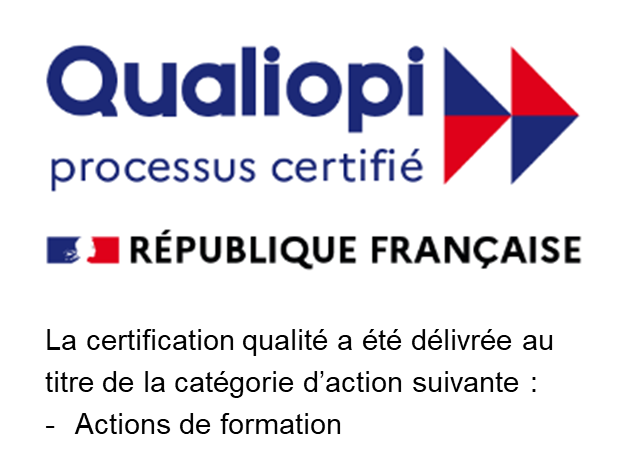My journey in IT began in 1993, I was at 16 when I was playing video games on a Pentium PC and encountered a virus. It took me all night to identify and fix the issue, but I enjoyed the challenge. That experience made me realize that if I could spend all night solving such problems, I would likely enjoy a career in IT.
I started my professional journey in 1996 at a small digital communication agency in Belgium, where I helped create one of the country’s first business websites. After nearly 24 years at a digital agency in Belgium, I sought a new challenge and moved to Costa Rica. I was already familiar with NetExpat from my previous job, as they were one of our clients. I reached out to them to explore potential collaboration, and everything fell into place from there.
















